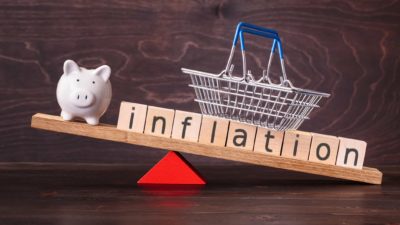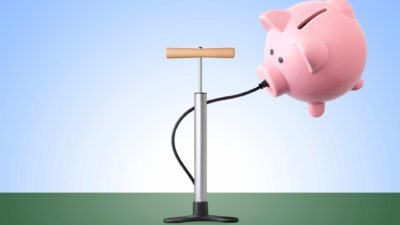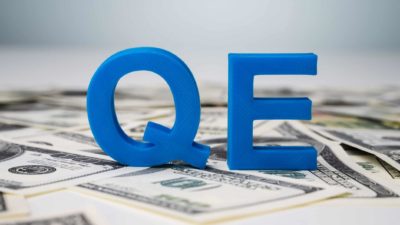As anyone who's gone travelling in the last few years would know, the Australian dollar is currently sitting at a very low relative valuation compared with the US dollar. Many people would remember the days where we were at 'parity' with the greenback.
In fact, back in 2012 at the height of the mining boom, we almost hit a level of US$1.10 – nearly unthinkable today. You only have to go back 2 years to January 2018 to find a time where you would be able to get 80 US cents for each Aussie dollar.
At the time of writing, the current exchange rate is sitting at 69 US cents, but as recently as October last year we saw levels around 67 US cents.
You'd have to go back to the GFC to find the last time our dollar was this low.
So no matter what happens in the economy over the next few years, I think it's safe to say that the chances of the dollar rising back towards its long term average of around 75 US cents are higher than further falls. I'm no currency market expert, I'm just using simple probability and mean reversion here.
So the question any ASX investor worth their salt would ask is: which ASX shares would benefit from such a move, and which shares wouldn't?
What would a rising dollar mean for ASX shares?
Let's cover the latter first. If our dollar rises in value against the greenback, in simple terms this would translate into exports becoming more expensive and imports becoming cheaper for any consumers or businesses that deal in Australian dollars (i.e. almost everyone in Australia).
So, first up, it wouldn't be good news for our miners like BHP Group Ltd (ASX: BHP). Commodities like iron ore, coal, oil and gold are typically bought and sold in US dollars, which would mean less profits once those US dollars are brought home.
Any other business that has a large focus on exports would also feel the pain – CSL Limited (ASX: CSL) is another company that comes to mind.
But conversely, any company where importing goods plays a large role would benefit enormously from a rising dollar.
I don't see too much impact for our ASX banks, Telstra Corporation Ltd (ASX: TLS) or blue-chips like Transurban Group Ltd (ASX: TCL). Most of their business inputs are confined within our borders, making any currency movements relatively negligible.
Supermarkets like Woolworths Group Ltd (ASX: WOW) would feel some of the love – there are a lot of products in your local supermarket that are made overseas.
But the biggest beneficiaries would be retailers like JB Hi-Fi Limited (ASX: JBH) and Harvey Norman Holdings Ltd (ASX: HVN). These companies sell things like TVs, electronics, furniture, white goods, music and mobile phones.
The vast majority of those goods are imported from countries like the US, Japan and China. If our dollar was to rise in value, buying these goods would become a lot cheaper for JB and Harvey Norman, which would probably flow into the bottom line.
Foolish takeaway
If you have any companies in your own portfolio that rely on importing goods, then you should look forward to the day that our dollar starts climbing again. Although predicting what currencies will do is almost as futile as trying to read the stock market, I always think pondering on these kinds of issues is beneficial for any investor.







